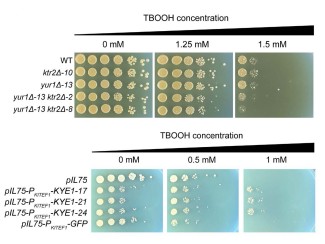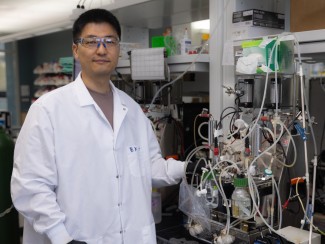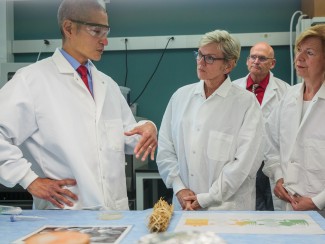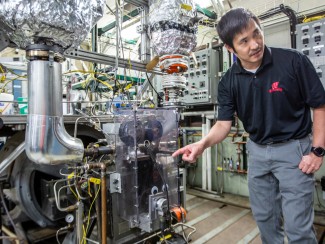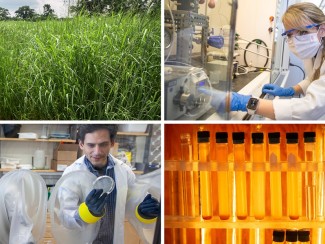In just a few years, scientists will unveil a creature whose every letter of DNA was written by a human being. It will be a yeast cell with a fully designer genome, and biological capabilities seen nowhere else in nature.
Recently, a global team of scientists announced a major milestone in their decade-long quest to create a fully synthetic yeast genome. As described in the journal Science, the hundreds of scientists have completed work on six of the yeast’s 16 chromosomes (the individual stands of DNA that make up a genome). Meanwhile, the remaining 10 chromosomes (plus one extra, not found in nature) have been designed and are awaiting production.
The synthetic yeast will be a huge advancement in bioengineering. It will be a proof of concept that scientists can design and implement genome-wide changes, tailoring microorganisms in major ways for further engineering and study. It means we may be able to create whole new species of microorganisms for industrial or scientific purposes.

